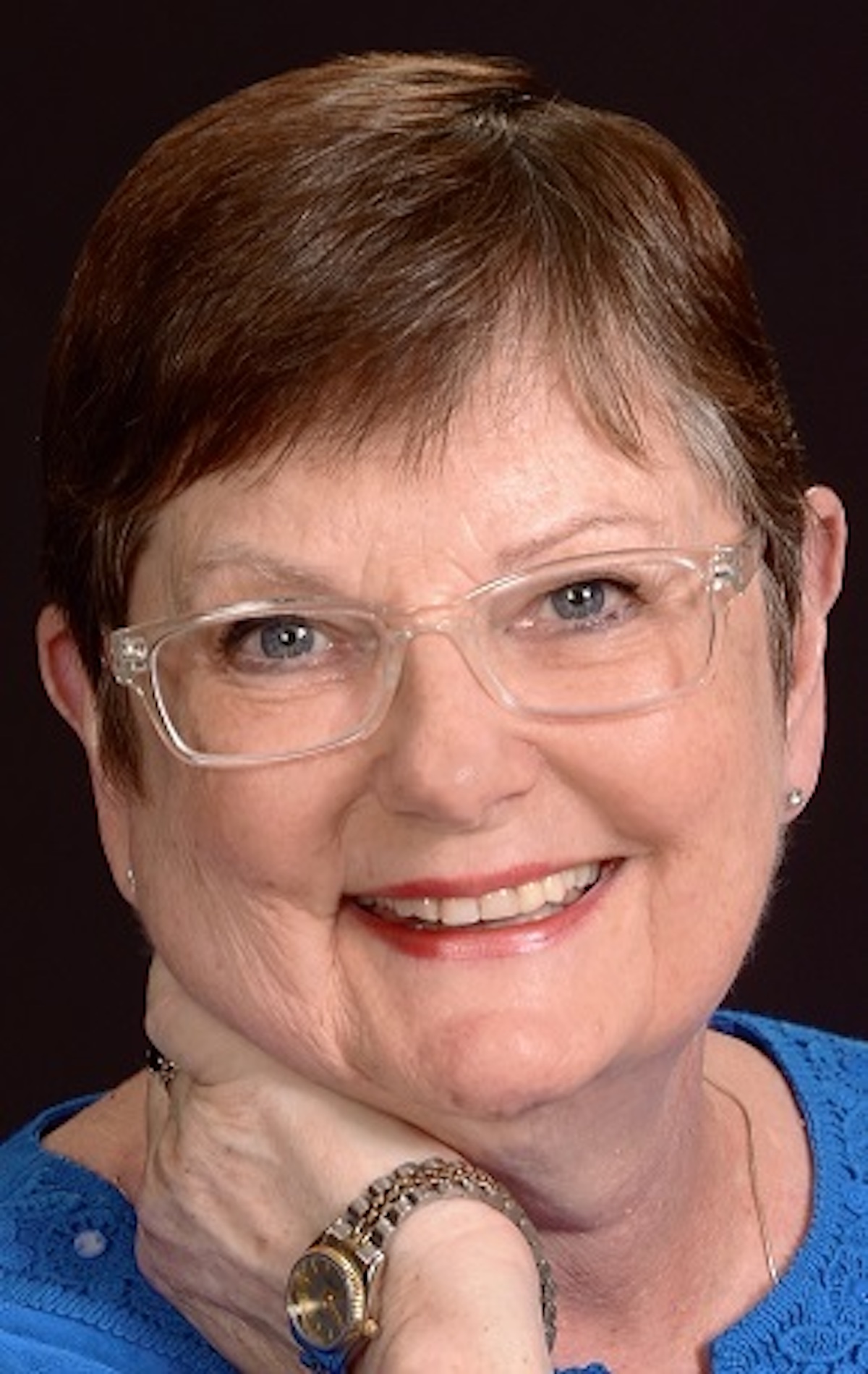By Teresa Huizar
A recent Washington Post investigation uncovered how a Virginia youth minister allegedly used his position to abuse young boys for decades. Despite repeated allegations, churches failed to act, allowing him to move from congregation to congregation and continue preying on new victims.
This isn’t an isolated incident. It’s part of a systemic problem that persists because too many faith communities lack clear, consistent policies to protect children.
Media scrutiny and reforms have focused primarily on priests or head ministers. To effectively prevent abuse, churches must account for others with access to children.
Many youth ministers are chosen for their charisma and passion for working with kids, not their background in child safety. One survey of 30,000 churches found that 40% don’t perform adequate background checks on youth ministers, volunteers, and staff.
The Post investigation highlights how abusers take advantage of these loopholes. The youth minister built trust with families, gaining access to children under the guise of mentorship and spiritual guidance. Interactions escalated over time. Casual conversations turned into questions about sexual habits. Routine meetings became overnight trips, private “Coke dates” in parked cars — and, eventually, sexual abuse.
It’s a familiar pattern. Child sexual abuse is almost always preceded by grooming behavior. In a study of more than 1,000 victims, perpetrators employed an average of 14 tactics per case — from gift-giving and casual touching to isolating children.
Seeking to talk about sexual desires with children is a major red flag. Such conversations are six times more common in instances of child sexual abuse. Yet in many churches, wanting to discuss “sexual sin” with youth ironically may be viewed as a positive qualification for a youth minister.
Churches need to be proactive. Comprehensive background checks, fingerprinting, and reference verification should be non-negotiable for anyone with access to children.
Minimizing one-on-one adult-child interactions is one of the most effective ways to prevent abuse. Routine activities should be observable, interruptible, and supervised by multiple adults.
Churches must require that staff and volunteers report suspected abuse directly to law enforcement. Involving trained professionals immediately avoids any conflicts of interest.
Unfortunately, predators often remain in positions of trust even after allegations surface. Many exploit the Christian ethic of forgiveness to persuade religious institutions that they’re reformed and deserve a second chance. Predators don’t stop because one door closes. They move to the next unsuspecting community. When an employee or volunteer leaves amid allegations, churches should respond to reference checks as candidly as the law allows.
Families have an equally vital role to play. Parents need to be comfortable talking honestly with their children about sex and personal safety.
Predators take advantage of silence. If children aren’t comfortable asking questions at home, they’ll seek answers elsewhere — possibly from adults with bad intentions. If a child is uncomfortable talking to their parents about their body or relationships, it becomes harder to ask for help when they need it.
Youth ministers are an important part of many churches. But religious institutions must close the loopholes that abusers exploit. That will ensure religious spaces can remain places of refuge, rather than hunting grounds for predators.
Teresa Huizar is CEO of Washington, D.C.-based National Children’s Alliance (NCA), the nation’s network of nearly 1,000 Children’s Advocacy Centers, providing justice and healing through services to child victims of abuse and their families. Find your local Children’s Advocacy Center at nationalchildrensalliance.org.







